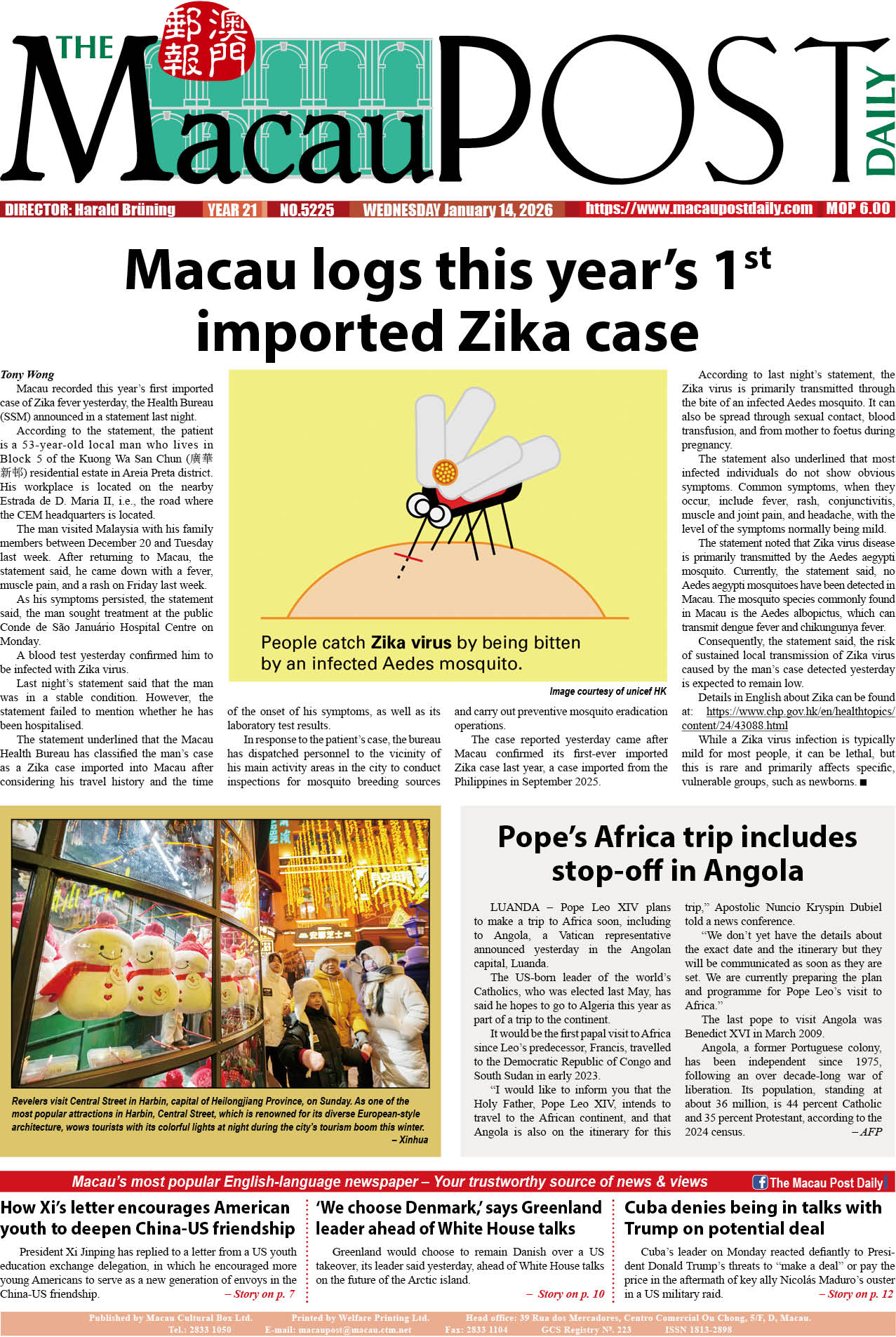Commentary
BEIJING – At a time when COVID-19 continues to ravage the globe, Chinese people’s lives are being protected by the country’s “dynamic zero-case policy.”
Numerous touching stories have demonstrated how the Chinese government puts each and every life first in the face of the pandemic.
However, vulnerable groups in some countries have become the victims of their government’s lax response. For instance, low-income and uninsured people in the United States are facing hurdles to obtain COVID-19 antiviral drugs, NBC News has reported.
Data from Johns Hopkins University showed that the total number of COVID-19 cases in the United States has topped 78 million, accounting for nearly 20 percent of the total confirmed cases globally.
The United States’ failed pandemic response has further exposed the absurdity of smear campaigns by some Western media against China’s effective and timely COVID-19 response.
Some foreign virologists label China’s strategy as extreme and unsustainable, and believe that it will bring “disastrous consequences” by devastating society and economy.
While every anti-epidemic strategy is dynamic and in no way impervious to change, China’s approach, focusing on people’s life and safety, has proved to be the most suitable containment measure for the world’s most populous country.
Given the current situation, any reckless approach allowing the virus to go unchecked will undoubtedly result in massive infections in a country of 1.4 billion people.
If China were to follow the model of “coexistence with the virus,” it would be reporting “hundreds of thousands” of daily new cases “even in a highly underestimated outbreak scenario and under the most optimistic assumptions,” noted a study by the Chinese Center for Disease Control and Prevention.
There is no denying that stringent containment measures – quick lockdowns, mass screenings and large-scale inoculations – have a temporary impact on people’s daily lives and local businesses. But a strict approach is also the fastest way to curb COVID-19 and ensure the resumption of normal life.
Thanks to the zero-COVID strategy, life in China has largely roared back to normalcy starting from 2021. Social gatherings, music festivals, sports events and domestic travel have resumed despite temporary restrictions in the midst of sporadic outbreaks.
For the Chinese policymakers, there is no compromise when it comes to people’s lives; they don’t come with a price tag. Saving people’s lives, which shall be the basis of freedom in any culture, also serves as a prerequisite for vanquishing the virus and reviving the economy.
Last year, in defiance of the great impact of the coronavirus pandemic, China recorded 8.1-percent economic growth year-on-year, outpacing other major economies.
The strong domestic measures China has taken to control COVID-19 for the past two years have provided a solid basis to revitalize its economy, said Lawrence Loh, director of the Center for Governance and Sustainability at the National University of Singapore.
Such an approach has kept China’s casualties low since the start of the epidemic and propelled its economic recovery faster than that of other countries.
Should China take a laid-back approach, the impact on the global pandemic fight and economic development would be unimaginable. – Xinhua
A health worker registers residents’ personal data at a COVID-19 testing site in the Suzhou, Jiangsu province, yesterday. Suzhou reported one confirmed COVID-19 case and one asymptomatic case yesterday in the first 15 hours of yesterday. At 6 a.m. yesterday, the city launched a new mass nucleic acid testing (NAT) campaign. By 3 p.m. samples had been collected from over 6 million people in Suzhou’s six urban districts. – Xinhua







